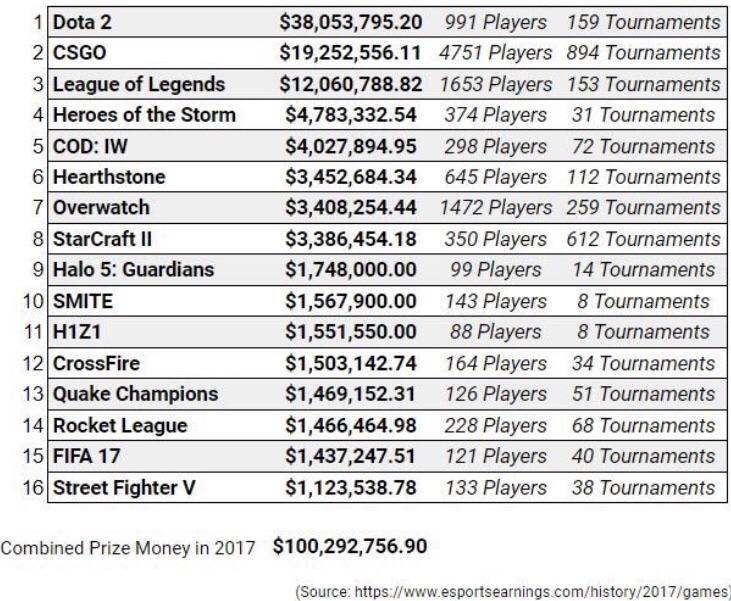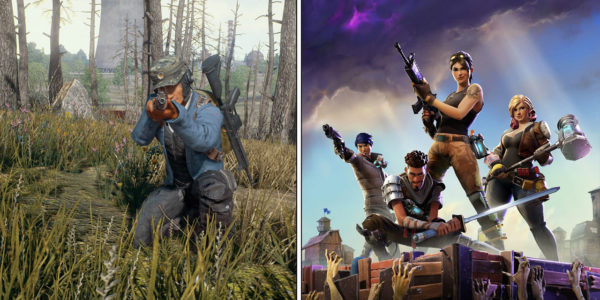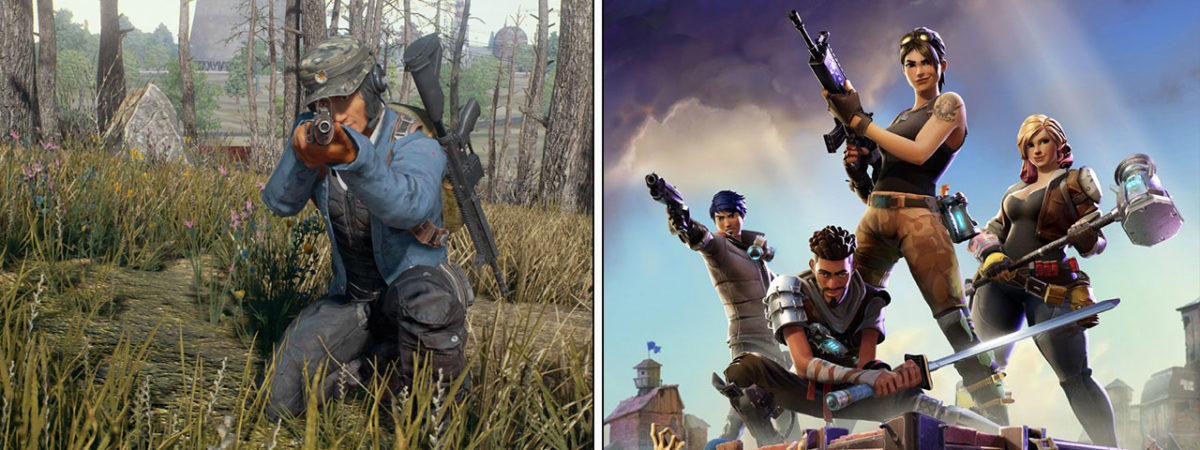It is clear that the Battle Royale scene is heating up with Fortnite and PlayerUnknown’s Battlegrounds establishing their own competitive scenes and more Battle Royales on the way such as Call of Duty: Black Ops 4. The games may be stylistically different but it is clear that for a large group of players we have PUBG vs Fortnite. The main talking point lately has been the announcement from Fortnite that set social media alight with a mind boggling figure.
Obviously many were excited by this announcement, whilst others were shocked and some fans of other long standing esports were disappointed as to how that number compares to their own scenes. The prize pool on offer dwarfs pretty much all other esports. In fact, it is the same as 16 of the top esports combined prize pools for 2017.

The question now is how do PUBG, the other biggest Battle Royale on the market, compete with such a staggering prize pool. The announcement came not too long after PUBG themselves announced a $2m prize pool tournament later this year. However I don’t think the right way to go about competing is with a bank balance measuring contest. I think it would be unwise to get caught up in headline prize pools and focus on a few other areas that will give the game more longevity in the esports world.
Possible Improvements
The first of which is that they need to work on competitive consistency as that is the key to most successful esports. The ability for the best teams in the game, whoever they happen to be, to consistently be able to outplay their opponents without too much of the game coming down to dumb luck. Now, it is obvious that in this genre of games there is an inherent increase in luck based RNG due to scavenging for weapons, gear and the direction of the circle shifts. That does not mean that these risks can’t be minimised with some adjustments to the game design. Having circles that “hard shift” less, i.e tend to favour closer to the centre of the previous circle instead of being to one extreme direction, would be step 1 in letting teams become consistent in rotational strategy.
General game improvements should also be a huge focus for the developers, a stable game is incredibly important to making the competitive experience as smooth as possible with the least room for game error causing erroneous results. No one likes dying to desync. No one likes being let down by lag. Imagine your main source of income is on the line, only to seemingly come up against a bullet bending opponent.
Another incredibly important improvement would be to add a public competitive portion to the game. Red zones, a lack of weapons and increased circle speeds are all well and good for a more casual version of the public game that we have right now. However, similar to Counter-Strike: Global Offensive I believe we should have a separate game mode inside of PUBG that emulates the settings that are used in the professional scene by third party tournament organizers such as GLL and Auzom. This is important not only to help ease possible talent into the correct mindset to go on to become professionals but also to bring the community much closer to the professional scene which would breed a far stronger support for the scene similar to other games.
Most importantly I think it would be critical for the developers to listen to their community, especially those who put countless hours in to making their professional scene exist, when it comes to future game updates and build a great connection with the people who make their game what it is. Without the players you can have the biggest prize pools in the world but you will have no community to love and keep your game and vision moving forward.
Conclusion
In conclusion it is obviously great to see developers backing their scene with prize pool and plenty more of the more long standing esport communities will hope their developers follow suite, but not all pathways to success are paved in gold. If you build a great game then the scene will naturally grow and sustain itself, much like Counter-Strike has over the years, instead of artificially inflating the prize pools without having the depth to last.




